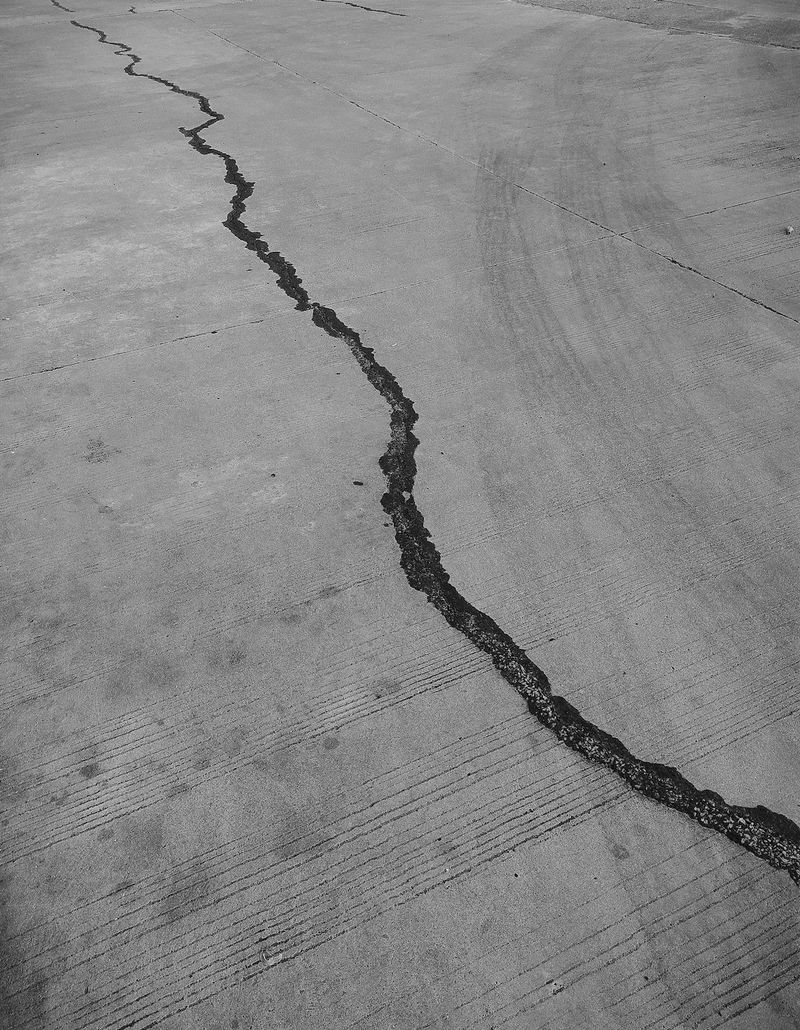Moyen-Orient Afghanistan: The Death Toll from Earthquake Exceeds 2000
Introduction
In a devastating earthquake that struck western Afghanistan on Saturday, the death toll has surpassed 2000. The earthquake, measuring a magnitude of 6.3, caused extensive damage and destruction, with over 1300 homes destroyed. The affected regions, located 30 kilometers northwest of the city of Herat, experienced eight strong aftershocks.
A Unprecedented Earthquake
Described as an “unprecedented earthquake” by the spokesperson for the Ministry of Disaster Management, Mullah Janan Sayeq, the official death toll stands at 2053 across 13 villages. However, this number is expected to rise, as warned by the World Health Organization. Search and rescue operations are currently underway to manage the victims. Despite the challenges, the authorities are making their best efforts to support and aid those affected by the earthquake.
The Impact on Local Communities
One of the hardest-hit areas is the rural district of Zinda Jan, where rescue teams have been digging trenches in the rubble in the hopes of finding survivors. In Sarboland, a village located in Zinda Jan district, houses have been destroyed, leaving residents without shelter. The earthquake has transformed the area into a landscape of ruins, with personal belongings scattered among the debris.
Challenges in Relief Efforts
The lack of modern infrastructure and the composition of rural homes, made of sundried mud bricks and wooden support poles, make local communities particularly vulnerable to disasters like earthquakes. With generations often living under the same roof, the destruction of homes can have a devastating impact on the affected communities.
Editorial: Afghanistan‘s Humanitarian Crisis
This latest earthquake comes at a time when Afghanistan is already facing a severe humanitarian crisis. The withdrawal of foreign aid since the return of the Taliban to power in 2021 has left the country in a dire situation. The province of Herat, the cultural capital of Afghanistan, with a population of 1.9 million according to World Bank data, has been grappling with a prolonged drought, further exacerbating the hardships faced by agricultural communities.
The combination of these factors has left the Afghan people in a vulnerable state, where any additional catastrophe, such as this earthquake, has severe consequences. It is crucial for the international community to remain committed to providing humanitarian assistance to Afghanistan, regardless of the political developments on the ground.
Philosophical Discussion: Resilience in the Face of Adversity
Afghanistan has a long history of enduring natural disasters, particularly in the Hindu Kush mountain range, near the junction of the Eurasian and Indian tectonic plates. Despite being prone to earthquakes, the Afghan people have demonstrated remarkable resilience and the ability to rebuild their communities after such devastating events.
This resilience is a testament to the strength and spirit of the Afghan people, who have faced numerous challenges throughout their history. It is essential to recognize and support their courage and determination to overcome adversity time and time again.
Advice for Preparedness and Response
Given Afghanistan‘s susceptibility to earthquakes, it is crucial for the government and international organizations to focus on preparedness and response measures. This includes investing in earthquake-resistant infrastructure, conducting awareness campaigns to educate communities about safety precautions, and establishing effective early warning systems. Additionally, providing training for search and rescue teams and ensuring access to necessary resources for relief efforts are vital in minimizing the impact of earthquakes in the future.
Furthermore, international support and collaboration are essential in disaster management and recovery. The global community must come together to assist Afghanistan in addressing its immediate needs and long-term resilience-building efforts.
In conclusion, the devastating earthquake in Afghanistan has claimed over 2000 lives and caused significant damage, adding to the existing humanitarian crisis in the country. It is crucial for the international community to stand in solidarity with the Afghan people, providing the necessary support and resources to alleviate their sufferings and aid in their recovery.

<< photo by Shefali Lincoln >>
The image is for illustrative purposes only and does not depict the actual situation.
You might want to read !
- The Triumph and Record-breaking Feats of the 2023 Chicago Marathon
- Canada ‘closely monitoring’ Afghanistan after devastating earthquake claims multiple lives
- Jaden Smith’s Nutrition and Fitness Journey: A Cautionary Tale of Celebrity Wellness
- Dunk’s Resilience Rivals Salah’s Brilliance in Liverpool Draw
- Rising Death Toll: Devastating Flooding Claims 11,300 Lives in Libya’s Coastal City of Derna
- Catastrophic Flooding in Libya: Morgues Overwhelmed as Death Toll Surpasses 6000
- “Morocco Earthquakes: Rising Death Toll and Ongoing Rescue Efforts”
- Flash Flooding Devastates New York City: A State of Emergency Declared
- New York City Braces for Historic Rainfall and Devastating Floods
- Shaking Things Up: Exploring Canada’s Recent 3.4-Magnitude Earthquake
- Scott McTominay’s Heroics Propel Manchester United to Late Victory
- Power Outage Against Twins Throws Toronto Blue Jays’ Season Into Darkness
- Tragic Loss: Philadelphia Mourns the Fatal Shooting of Prominent Journalist and Activist




